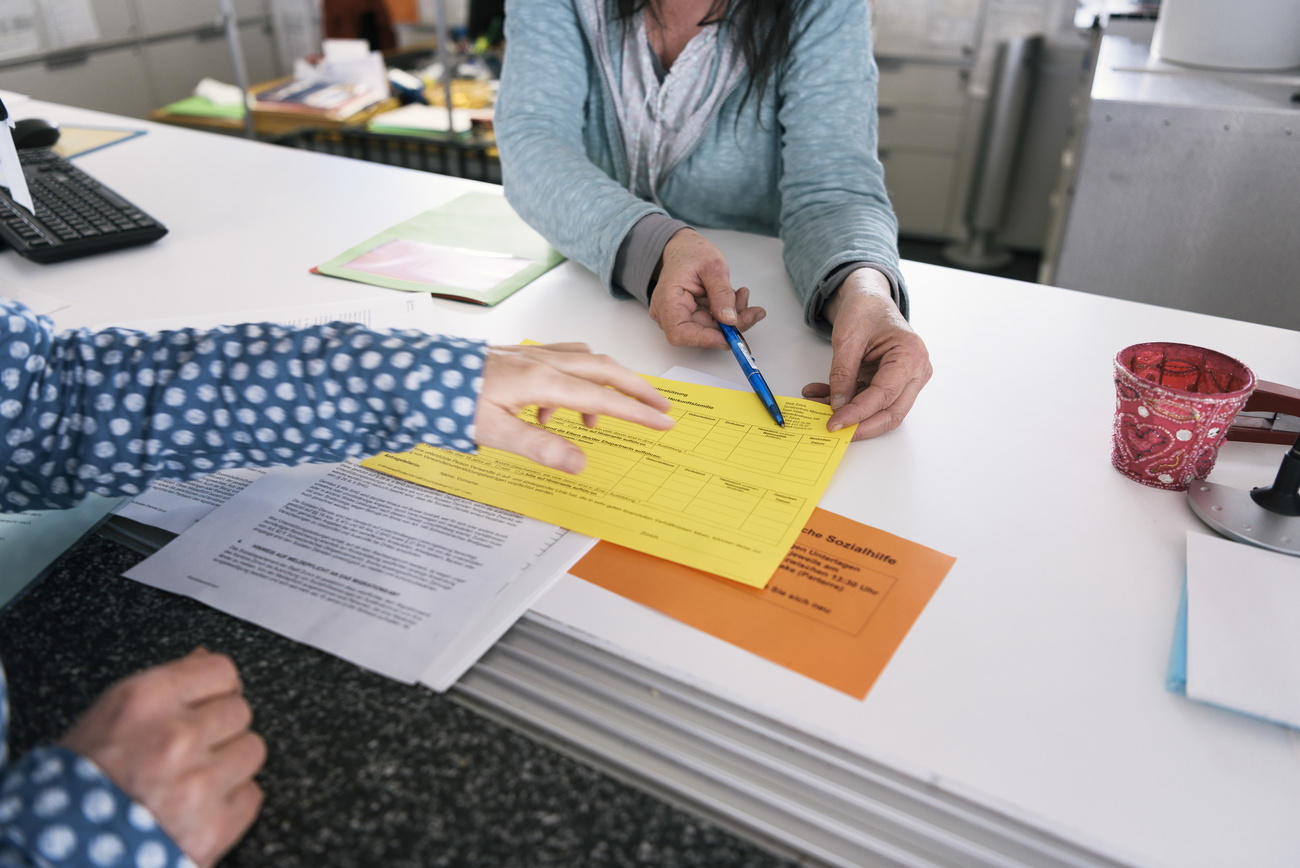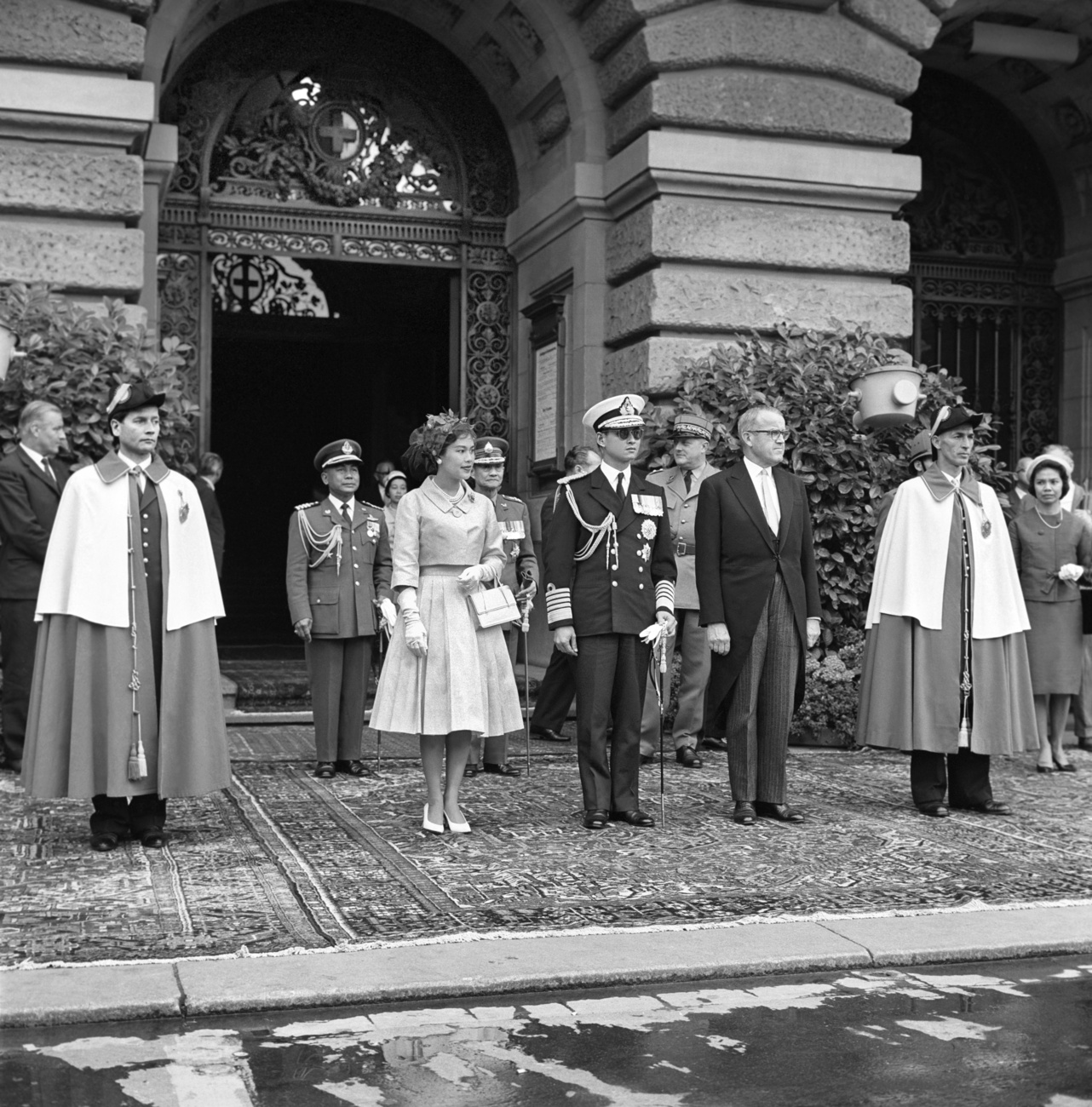
Swiss social welfare spending continued to fall in 2022

In 2022, social assistance payments fell for the fourth year in a row, while the rate of recipients was lower than ever.
Net expenditure amounted to CHF2.5 billion ($2.78 billion) – a decrease of 9.2% compared to the previous year, the Federal Statistical Office (FSO) said on Friday. At 2.9%, the rate of social assistance was lower than ever before.
The nominal decrease of CHF253 million in 2022 is the sharpest in years. According to the FSO, the drop is closely linked to the lower number of social assistance recipients (-3.1%) as well as the decline in average annual net expenditure per recipient (-6.2%).
The FSO lists several factors influencing the decline, including the favourable economic and labour market situation, as well as the Covid-19 pandemic – which had no direct impact on social assistance expenditure in 2022, it said.
Subscribe here to read our weekly top stories
More supplementary benefits
Overall, the expenditure of CHF2.5 billion on economic social assistance corresponds to 1.2% of total expenditure on all social benefits, the FSO said. According to the overall accounts, this totalled CHF207.8 billion in 2022.

More
How Swiss welfare works
More money was spent on so-called supplementary benefits, which help those whose pensions or incomes are not sufficient. According to the FSO, the increase compared to the previous year was CHF51 million, or 0.9%. A total of CHF5.5 billion was paid out in such supplementary benefits in 2022.
Overall, public spending on means-tested social benefits to combat poverty fell by CHF207 million to CHF8.6 billion, corresponding to a decrease of 2.4% on the previous year. In total, 800,000 people – or 9.2% of Switzerland’s permanent resident population – received at least one such benefit.
Adapted from German by DeepL/kc
This news story has been written and carefully fact-checked by an external editorial team. At SWI swissinfo.ch we select the most relevant news for an international audience and use automatic translation tools such as DeepL to translate it into English. Providing you with automatically translated news gives us the time to write more in-depth articles.
If you want to know more about how we work, have a look here, and if you have feedback on this news story please write to english@swissinfo.ch.

In compliance with the JTI standards
More: SWI swissinfo.ch certified by the Journalism Trust Initiative



























You can find an overview of ongoing debates with our journalists here . Please join us!
If you want to start a conversation about a topic raised in this article or want to report factual errors, email us at english@swissinfo.ch.